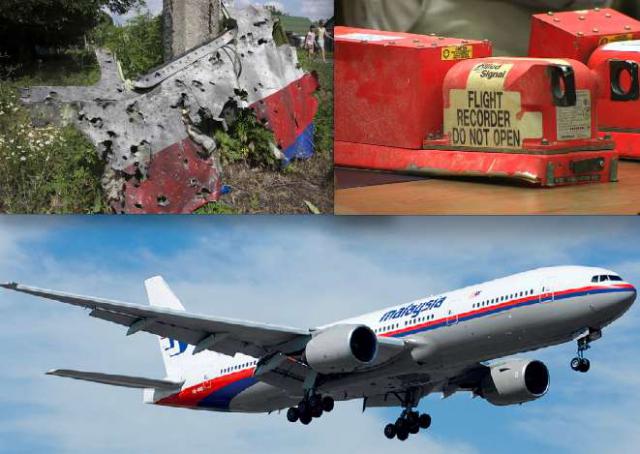To do nothing is to send a message to the wrongdoer, and the general public, that the victim has no self-worth and will not marshal the internal resources necessary to reclaim his or her honor. Shattered dignity is not beyond repair, but no elevating and equalizing of dignity can occur without the personal satisfaction of revenge.
-Thane Rosenbaum, Payback: The Case For Revenge
The one who forgives, far from rallying around evil, decides instead not to imitate it, not to resemble it in any way, and without having expressly willed it, to negate it with the sole purity of silent love.
-Vladimir Jankelevitch, Forgiveness
Two months ago polls suggested the American public was weary of war. Then, a group of furious extremists nurtured out of the fertile chaos of our invasion/occupation of Iraq and led by former generals from Saddam Hussein’ army went through Anbar Province in western Iraq like Patton went through Europe: Like crap through a goose. They were taking back what the US had taken from them by empowering Iraqi Shiites. Their secret was psychopathic violence — massacres of men, women and children from hated ethnic or religious factions.
Soon, people from around the world were being recruited to join ISIS. Two brave US journalists were captured in Syria and sold to ISIS in western Iraq. Utilizing 21st century skills with video production, they flaunted their power by brutally beheading the two journalists.
 ISIS and Senator Bernie Sanders, President Obama, Senators John McCain and Lindsey Graham
ISIS and Senator Bernie Sanders, President Obama, Senators John McCain and Lindsey Graham
Suddenly, US polls flipped and a majority of Americans now felt it was necessary to race willy-nilly back to war in Iraq. The likelihood that ISIS’s goal was to stir up this kind of fear and blind reaction in America didn’t seem to matter. No one is quite sure what any of it really means. Following President Obama’s war speech, Lawrence O’Donnell asked, “Exactly how many people do we have to kill to ‘degrade and ultimately destroy’ this movement called ISIS?” No one knows. No one wants to lose face or appear weak. Being smart didn’t seem to be a concern; many were ready to hose out more treasure and lose even more ground in addressing our huge domestic problems.
Crime Fiction and Vengeance as Religion
As part of a personal study in the area of crime fiction, I’ve been reading a lot on the subject of vengeance. One of the classic avenging angels is Mike Hammer, Mickey Spillane’s popular Cold War era private detective who followed Dashiell Hammett’s Sam Spade and Raymond Chandler’s Philip Marlowe. They were real tough guys — detectives. Mike Hammer was primarily about vengeance, which was generally administrated on the final page with a couple slugs in the guts from his beloved .45 automatic.
Spillane and his persona had no patience with something like the ethical movement that, for lack of a better term, goes by the label forgiveness. It’s not about forgiveness in any literal sense, and it does not preclude self-defense. It’s more about not getting sucked into costly cycles of violence and just getting on with life. When thinking about crime fiction, I find it useful to place the two — vengeance and forgiveness — as extremes on a continuum. It allows the analytic possibility of complexity and dialogue between the extremes when it comes to addressing a mess like the one the nation finds itself in right now.
Andrew Vachss is a popular, self-proclaimed vengeance writer working today. His character Burke is a fierce avenging angel hunting down those who abuse and violate children. Vachss is a lawyer who has had a colorful life working in the area of child protection. “He’s not a hit man,” Vachss has written of the fictional Burke. “But he shares the same religion I do, which is revenge.”
 Michael Brown, murdered by a Fergusson cop while surrendering, and two images of modern US policing at work
Michael Brown, murdered by a Fergusson cop while surrendering, and two images of modern US policing at work








